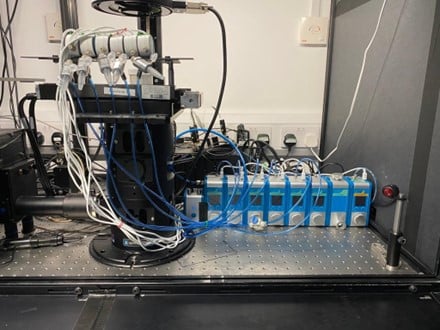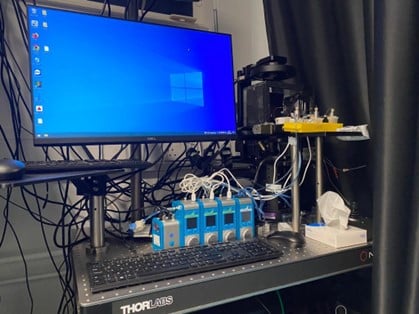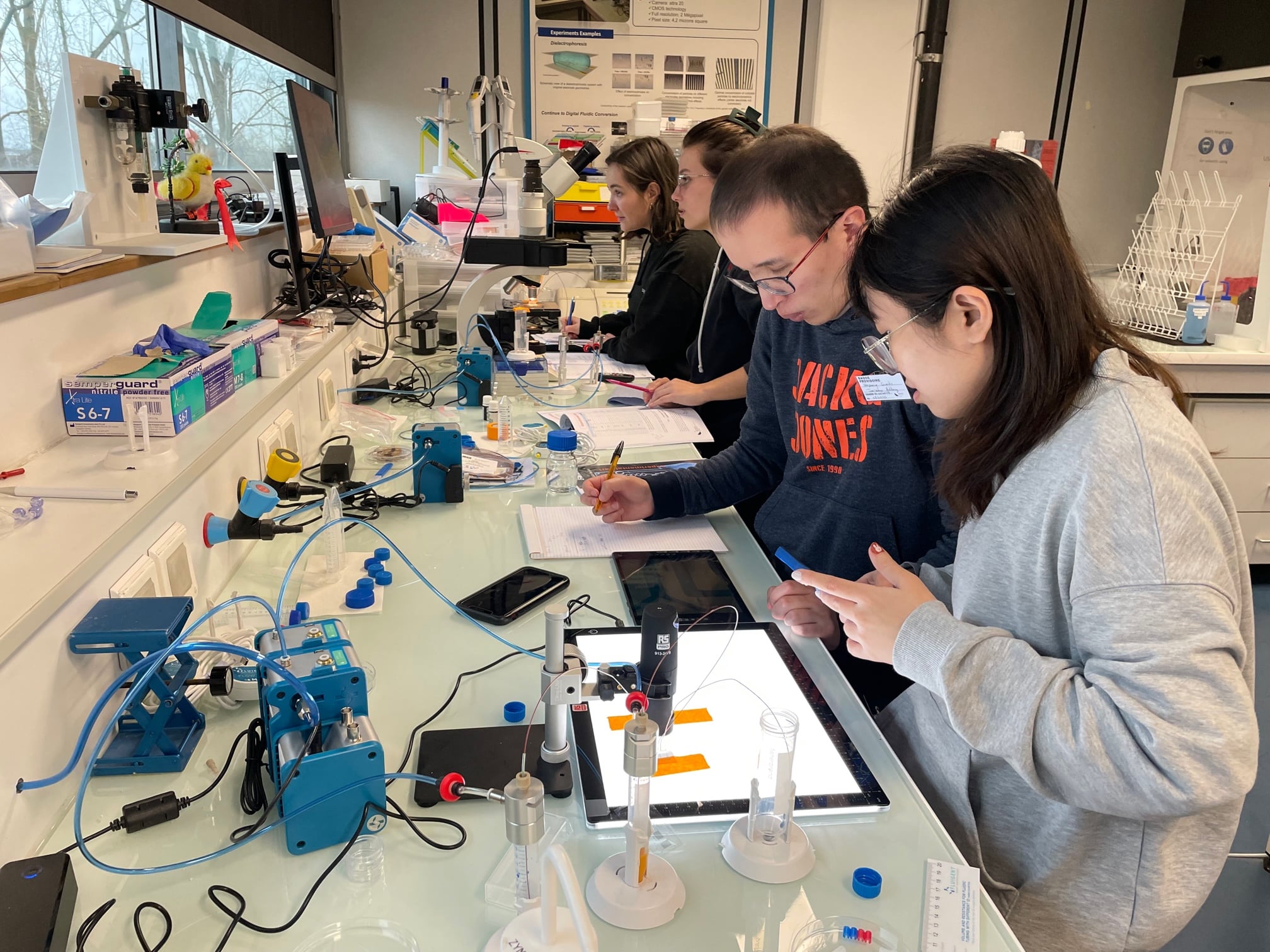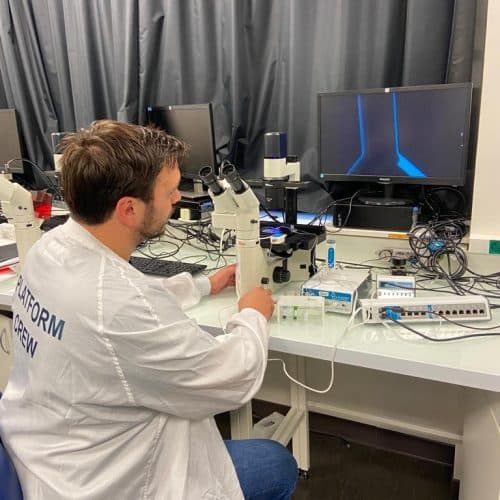Scientific Partners
Department of Chemistry and at the Cavendish Laboratory at the University of Cambridge
Prof. Tuomas Knowles
Tuomas Knowles is a British scientist and Professor of Physical Chemistry and Biophysics at the Department of Chemistry and at the Cavendish Laboratory at the University of Cambridge.
He is the co-director of the Cambridge Centre for Misfolding Diseases and a Fellow of St John’s College, Cambridge.
Prof. Knowles is a co-founder of four biotechnology companies: Fluidic Analytics, Wren Therapeutics, Xampla and Transition Bio. He was also the Cambridge Enterprise Academic Entrepreneur of the year in 2019.
Tuomas Knowles studied Biology at the University of Geneva and Physics at the Swiss Federal Institute of Technology in Zurich and at the University of Cambridge. He holds a Ph.D. in Physics from the University of Cambridge and a master’s degree in Physics from the Swiss Federal Institute of Technology Zurich. He was a visiting scholar at Harvard University and Weston Visiting Professor at the Weizmann Institute of Science in Israel.
The research of Tuomas Knowles focuses on understanding protein behavior in health and disease. Knowles is known for his work on protein aggregation and for describing the kinetics of this process and the underlying molecular mechanisms. He discovered the first integrated rate law for amyloid formation which has allowed the mechanisms of this process to be elucidated by researchers worldwide and together with collaborators he has made software available to the research community for kinetic analysis of protein aggregation. He has published over 300 papers, has an H-index of 91 and has been named Highly Cited Researcher by the Web of Science.

Opinion on Microfluidics
Microfluidics are a very attractive tool to study condensates, since they allow for high-throughput study and manipulation of small samples over a wide range of time scales. When microfluidics is used to prepare phase diagrams, a significant reduction in time and material per sample can be achieved.
Microfluidic setups have also been of great use to study the kinetics of condensates and shown for processes such as the formation and dissolution of condensates, which take place on a small time scale, can be studied as well as processes like the solidification of condensates, which take place on a longer time scale.
Microfluidics are very useful to measure the mechanical properties of condensates, which have a volume too low for most conventional measurement techniques. Techniques like coalescing condensates can help with this, but additionally, microfluidic setups which shear and squeeze condensates to find the Young’s modulus, viscosity and surface tension have been developed.
Microfluidic tools will continue to be paramount for the characterization of novel condensates as they are continually engineered for new applications, and may also prove helpful for the sequential addition of components and the creation of microenvironments – both of which are easily possible within microfluidic droplets.
Fluigent Setup


Usefull Links
Personal page at the University of Cambridge: https://www.ch.cam.ac.uk/person/tpjk2
Google Scholar: https://scholar.google.co.uk/citations?user=vm5ZZlMAAAAJ&hl=en
Wikipedia: https://en.wikipedia.org/wiki/Tuomas_Knowles#Awards_and_honors
Knowles Lab: https://www-knowles.ch.cam.ac.uk/
Knowles Lab Twitter: https://twitter.com/i/flow/login?redirect_after_login=%2FKnowlesLabCamb
Transition Bio website: https://transitionbio.com/
Fluidic Analytics website: https://www.fluidic.com/

